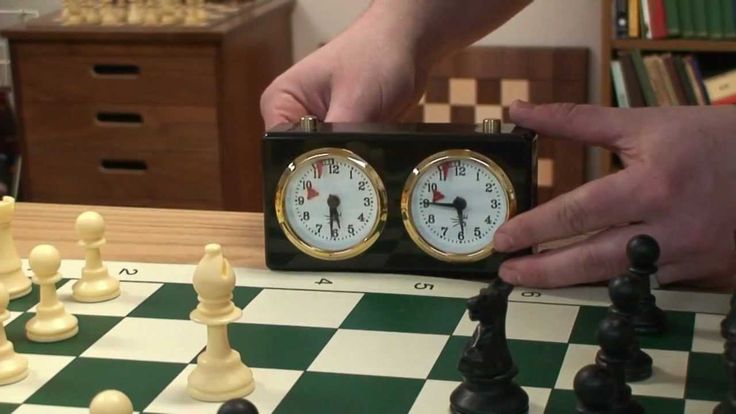
Chess, the venerable game of kings and strategists, has long been associated with deliberate thought, meticulous planning, and, often, considerable time commitments. For decades, the gold standard of competitive play, the “standard” or “classical” format, demanded hours from its participants, a testament to the depth and complexity of each position. However, in an increasingly fast-paced world, even the most traditional institutions must adapt. Enter FIDE`s latest initiative: the “Fast Classic” pilot project, a bold step that aims to bring standard-rated chess into closer alignment with modern life.
The Time-Honored Tradition Meets Modern Demands
Imagine a typical classical chess game. Players, rated 2400 or higher, might spend up to four hours locked in strategic combat. Even for those below 1800, a game could easily stretch to two hours. While this extended duration allows for profound analysis and minimizes errors, it poses a significant hurdle for many aspiring players and organizers. Scheduling multiple rounds in a day becomes an logistical nightmare, and finding dedicated hours for a single game can be a luxury many cannot afford in today`s busy schedules.
The demand for a more accessible, yet still serious, format has been growing. Players seek competitive experiences that respect their time, and organizers look for ways to make tournaments more dynamic and appealing. FIDE, the global governing body of chess, has taken note, acknowledging that the future of the game hinges not just on its rich history, but also on its ability to evolve.
Introducing the “Fast Classic”: A New Tempo for Standard Ratings
To address this evolving landscape, FIDE has launched a pilot project introducing tournaments with shorter time controls that will, for the first time, count toward the coveted standard rating list. The proposed time control for these experimental events is 45 minutes per player plus a 30-second increment per move, starting from move one. This format aims to strike a delicate balance: quick enough to allow for multiple rounds in a day, yet substantial enough to maintain the strategic depth and minimize the “blitz” mentality that often defines faster formats.
The very name, “Fast Classic,” carries a delightful touch of irony. How can something be “classic” if it`s “fast”? It`s a question that playfully underscores FIDE`s ambitious tightrope walk: preserving the essence of classical chess while injecting a much-needed dose of modern efficiency. It`s an acknowledgment that the spirit of the long game doesn`t always require an equally long clock.
The Pilot in Play: Three Tournaments Leading the Charge
This innovative concept won`t be implemented globally overnight. FIDE is approaching this matter with measured responsibility, opting for a controlled pilot phase. Three specific tournaments have been chosen to test the “Fast Classic” waters:
- Qatar Cup (September 7–13)
- QCA Training Center September Tournament Classical (September 25–27)
- Women`s World Team Championship (November 17–24)
These events will operate under standard rating rules, with one crucial distinction: no title norms will be awarded. This condition emphasizes the experimental nature of the project. While players will earn or lose standard rating points, the ultimate recognition of Grandmaster or International Master titles will remain tied to the traditional, lengthier formats for now. Organizers are also limited to scheduling no more than two rounds per day, ensuring players still have adequate time for recovery and preparation.
The Road Ahead: Data, Feedback, and a Vision for the Future
This pilot project is more than just an experiment; it`s a data-gathering mission. Upon the conclusion of these initial events, FIDE will conduct a thorough analysis of the outcomes. Feedback from participants – players, arbiters, and organizers – will be crucial. Their experiences will inform FIDE`s decision on whether to widely implement “Fast Classic” and how to refine its rules for broader adoption.
The implications of a successful “Fast Classic” could be profound. It could democratize standard-rated chess, making it more accessible to a wider demographic of players who juggle work, studies, and family commitments. It could revitalize tournament participation, allowing for more competitive games to be played within a reasonable timeframe. Moreover, it might even influence strategic approaches, pushing players to be both accurate and efficient, perhaps favoring those who can maintain composure and precision under a slightly accelerated clock.
Ultimately, FIDE`s “Fast Classic” initiative is a pragmatic response to the changing tides of modern life. It`s a careful, deliberate step towards ensuring that chess, while eternally classic, remains vibrantly relevant and engaging for generations to come. The grand game continues its evolution, one measured, yet slightly faster, move at a time.











